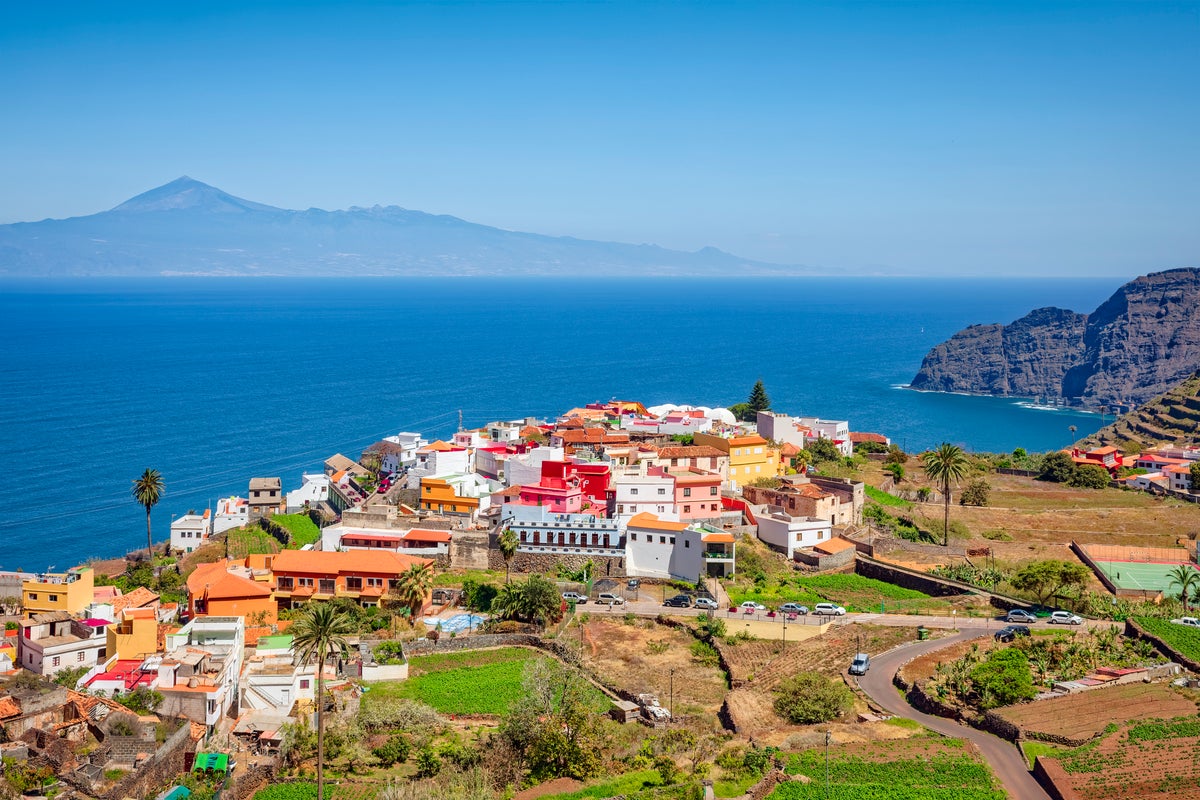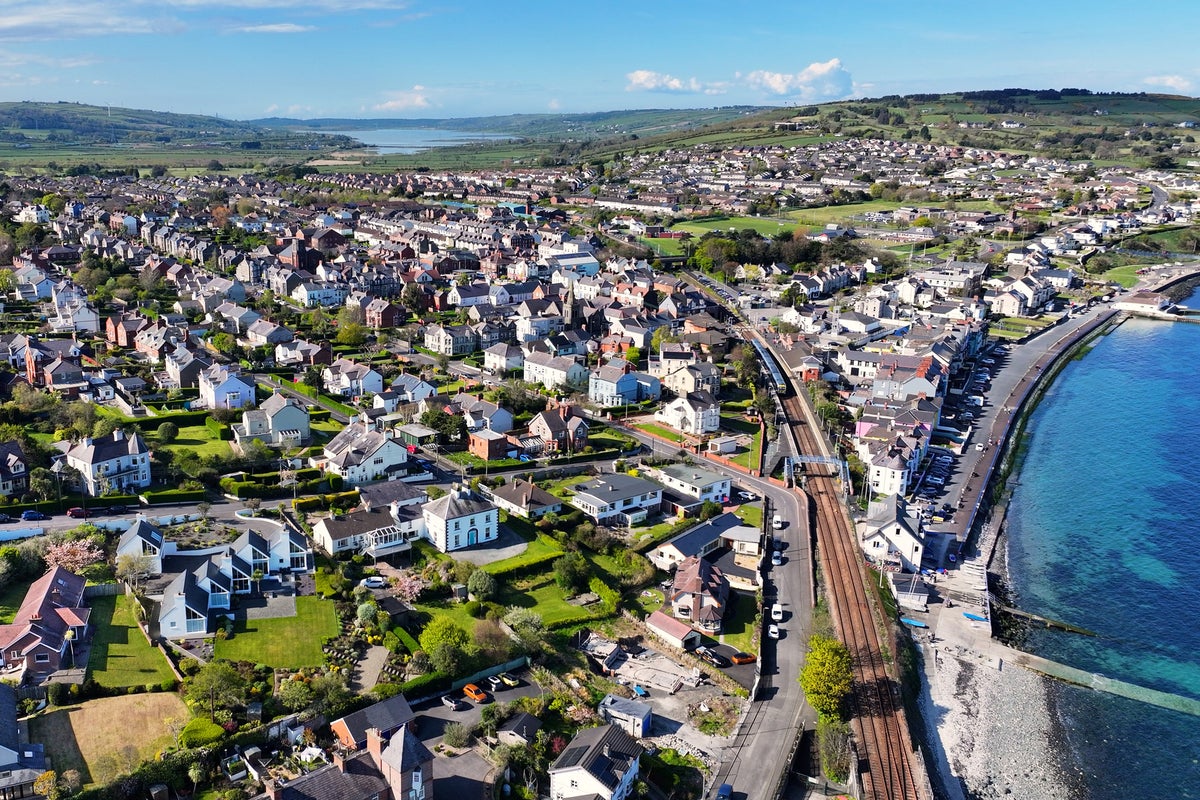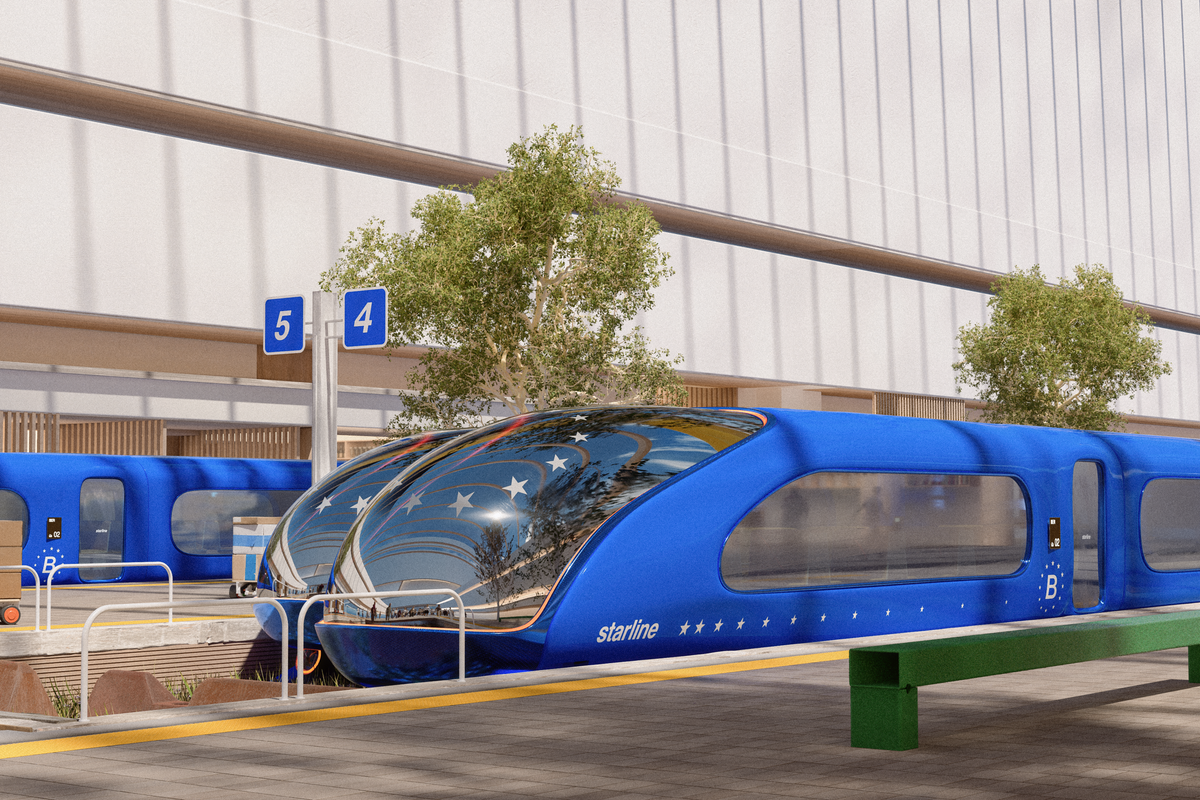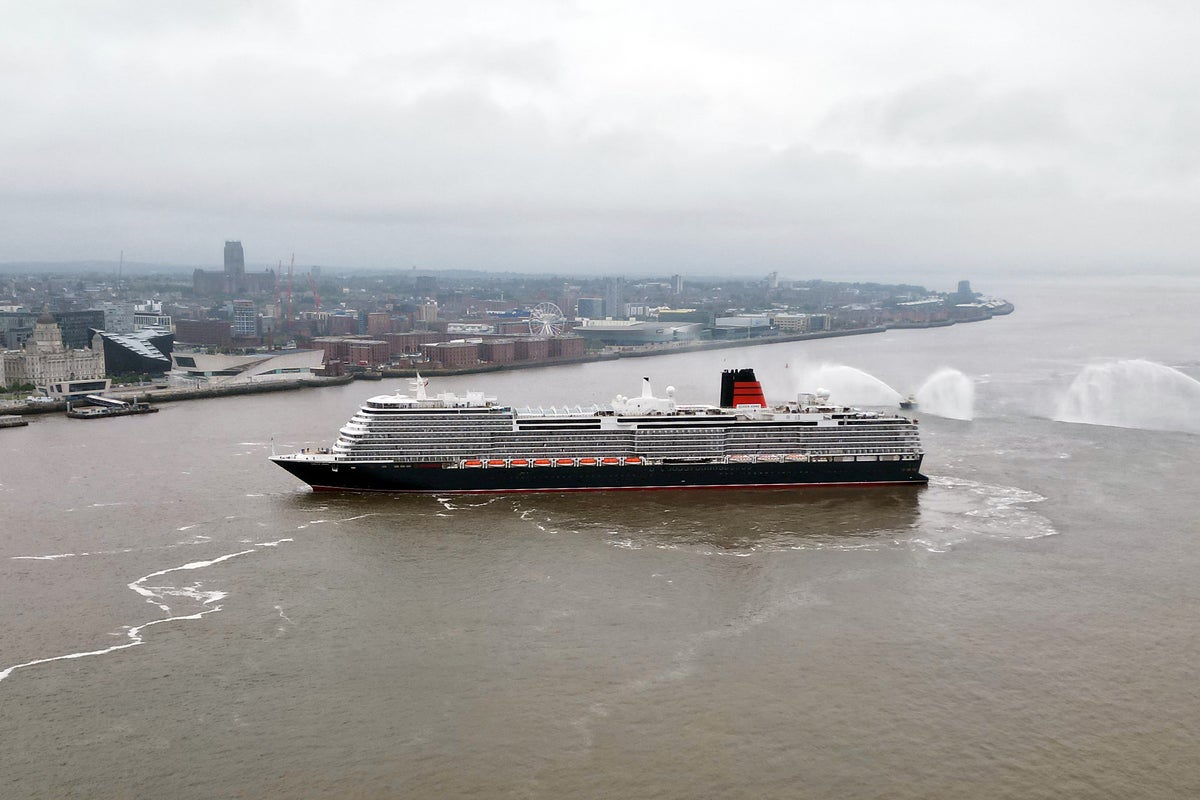“Nothing matters as much as the vote”: Political analyst Prof Walid gets real about GE2025
In an episode of The Daily Ketchup, Singaporean political analyst Professor Walid shares his personal predictions and thoughts on GE2025.
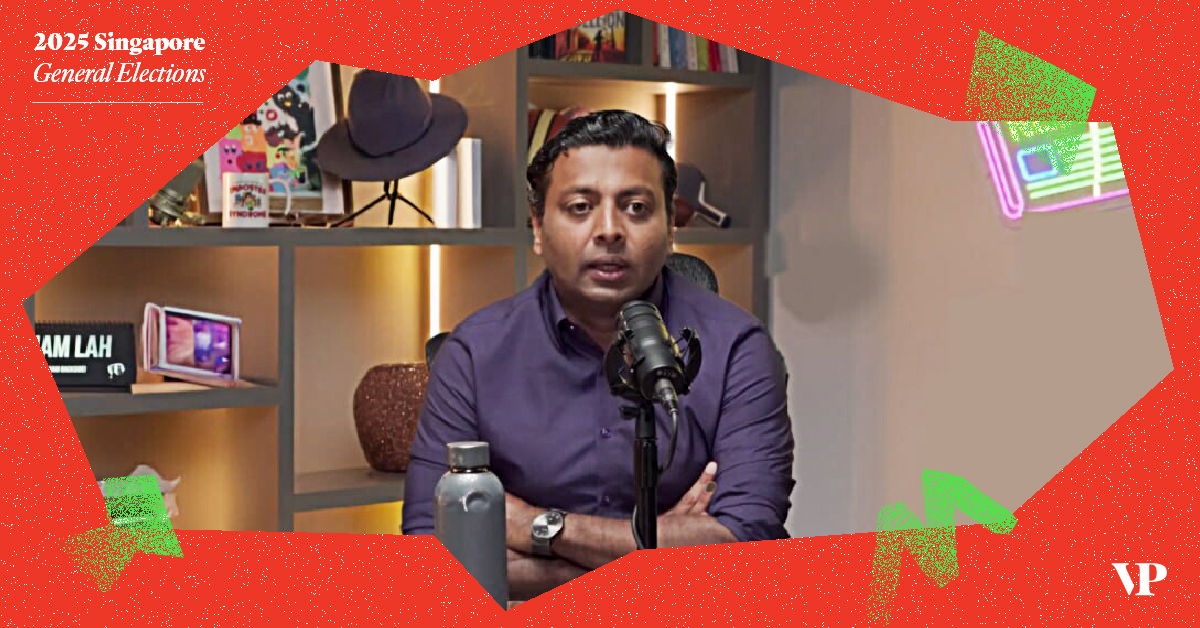
No matter your level of political interest, one thing is certain: Singapore’s general election must take place by November 2025.
As GE2025 approaches, it has become a key focus for both mainstream and alternative media, with analysts and experts offering insights and assessments. Among them is political analyst Professor Walid Jumblatt Bin Abdullah.
1. GE2025 results: Singapore’s confidence in the 4G leaders
Singapore’s incumbent political party, the People’s Action Party (PAP), faced a decline in vote share in GE2020 compared to GE2015, prompting Minister for Law and Home Affairs K. Shanmugam to remark that the party needed to do some “soul searching.”
However, five years on, Professor Walid believes significant changes have yet to materialise, stating that it has been “difficult” to see major shifts and expressing disappointment that no substantial structural reforms have been announced.
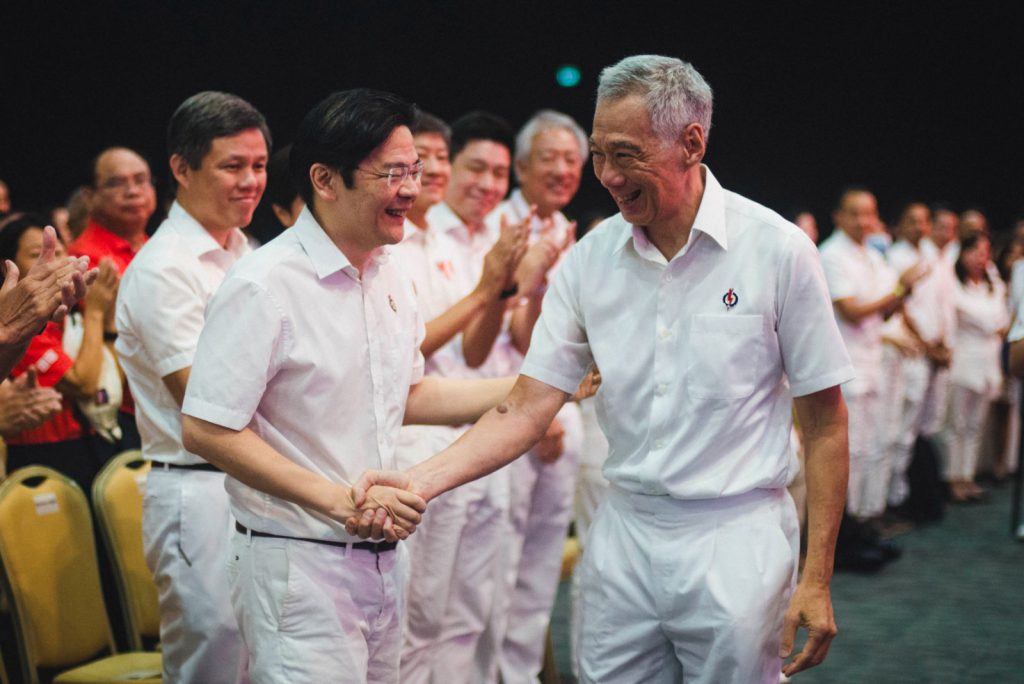 Image Credit: People’s Action Party via Facebook
Image Credit: People’s Action Party via FacebookHe also noted a historical trend: PAP’s vote share tends to dip when a new Prime Minister takes office. For instance, support fell by 2 to 3% when Mr Goh Chok Tong succeeded Mr Lee Kuan Yew, and in Mr Lee Hsien Loong’s first election as PM, the decline was sharper at 9%.
GE2025 will be the first election under Prime Minister Lawrence Wong, and the outcome will be interpreted as a referendum on the 4G leaders and on PM Wong, specifically.
If the PAP’s vote share was above 65%, that’ll be a brilliant, tremendous result. If it’s a 60 to 65%, I think it’s a good enough result, [PM Wong] can hold his head up high. I think if it’s below 60%—imagine if PAP’s vote share starts with 5, I think it would be quite a disaster.
Professor Walid2. Is the government’s financial support adequate?
A study by Blackbox Research’s sentiment tracker, SensingSG, found that Singaporeans are increasingly focused on bread-and-butter issues leading up to the election. In response, PM Wong sought to make his mark from his first National Day Rally, introducing what appeared to be more progressive policies.
These included a whole new set of unemployment benefits, with certain caveats put in place, as well as extended parental leave.
When asked whether this approach would help or hurt the PAP, Professor Walid noted that the party has been shifting economically leftward since 2011, making it “difficult” to reverse course.
“It’s much easier to not give somebody something than to take it back once they have it.”
While there might be concerns about the long-term sustainability of government financial support measures, he emphasised that elections are not decided based on the viability of these policies.
Elections are about perceptions and how people feel about these policies.
Professor WalidThe psychological impact of inflation remains significant for Singaporeans. Professor Walid pointed to the rising prices of resale HDB flats since 2020 as an example. With HDB prices rising year after year, for younger voters, this “might be an issue that younger voters might be upset about.”
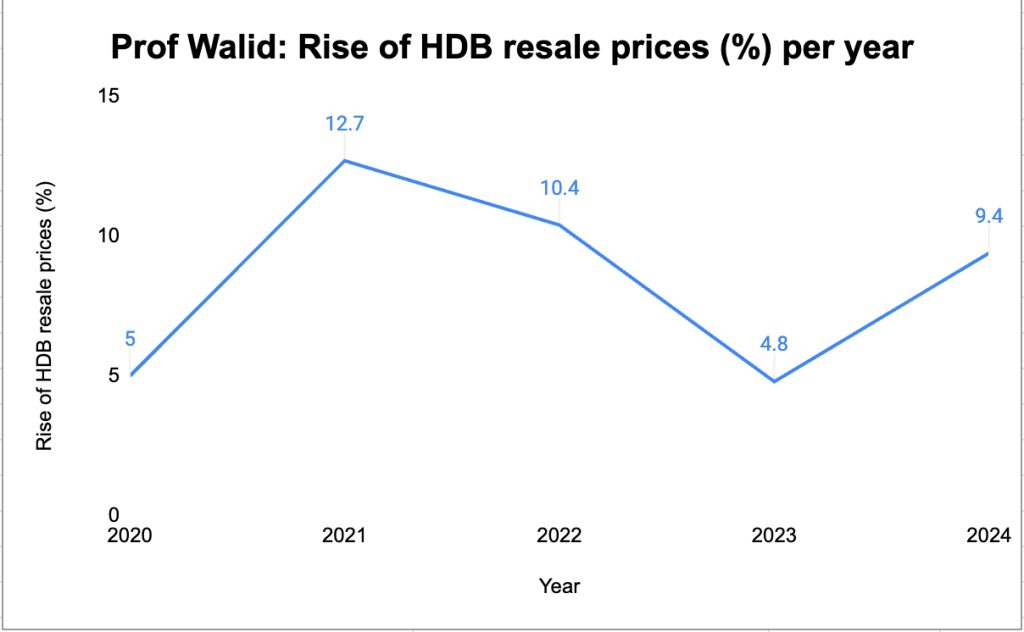 Graphic designed by Vulcan Post
Graphic designed by Vulcan Post 3. It’s still better to be the incumbent
Professor Walid noted that it has become increasingly difficult for the PAP to gain vote share, unlike in past elections when it held a monopoly over information through the media.
He also agreed with PM Wong’s remarks at the PAP’s biennial conference last November, where PM Wong acknowledged the challenge of recruiting “good candidates” due to the intense public scrutiny faced by political figures.
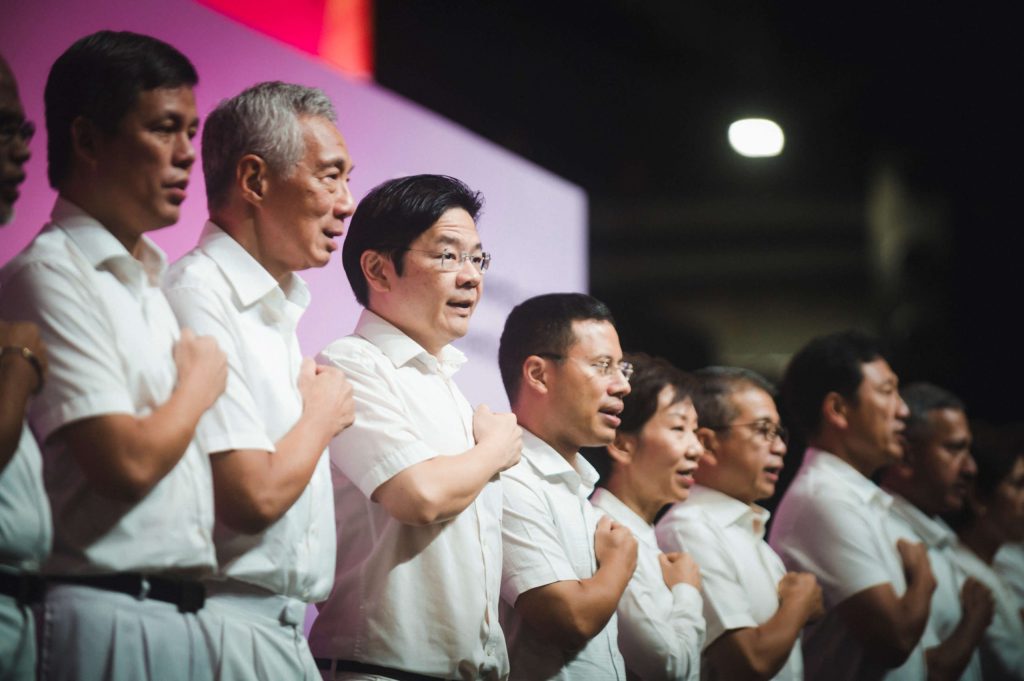 Image Credit: People’s Action Party via Facebook
Image Credit: People’s Action Party via FacebookHowever, Professor Walid argued that opposition parties still face a steeper challenge, given their lower chances of electoral success. Despite the PAP’s difficulties, the advantage of incumbency remains.
The PAP has access to the civil service, to the mainstream media, to the trade unions, so all of these institutions are still aligned to the PAP.
So it’s harder to be the PAP in 2025 than in 1990, but I think it’s still harder to be an opposition in 2025 than to be the PAP in 2025.
Professor Walid4. Nothing matters as much as your vote
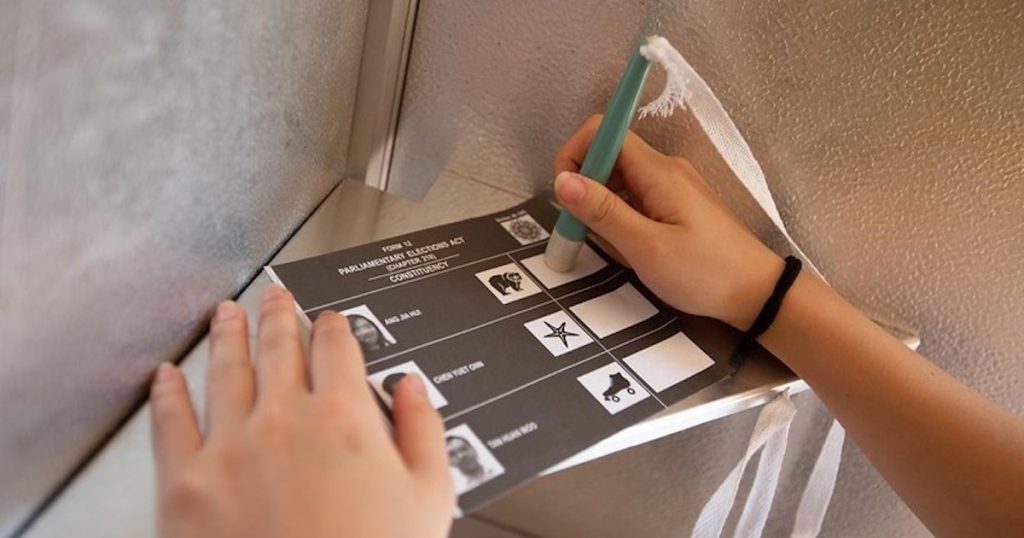 Image Credit: Youth.sg
Image Credit: Youth.sgWith the rise of new media platforms such as social media and podcasts, more Singaporeans now have access to a wider range of content, including political discussions.
Professor Walid, who has his own podcast, hopes to increase political discourse and encourage others not to shy away from it due to its perceived “dirty” nature.
“[Some people say] ‘Oh, I don’t want to be political.’ Why? Be political!” he exclaimed, adding that he wants to show that it’s possible to have genuine disagreements without being overly disagreeable or polarising.
And he has a point—discussions like these help Singaporeans stay informed and engaged, ensuring that we make the most of our votes, something many often take for granted.
What should Singaporeans focus on when they go to the ballot boxes?
I think one of the things that voters do not understand in general is the value of their vote, or they understand but they don’t appreciate the gravity of it. And I always say this: your vote is the only language that politicians understand the most. Your letters matter, your activism matters, your Facebook comments matter, but nothing matters as much as the vote.
The vote is the ultimate endorsement or rejection of a party, so they must really think carefully about what signal they want to send and to whom it is delivered.
Professor WalidWatch his full interview with The Daily Ketchup here:
Read more articles we have written on GE2025 here. Read other articles we’ve written on Singapore’s current affairs here.
Featured Image Credit: The Daily Ketchup, Graphic designed by Vulcan Post

 AbJimroe
AbJimroe 








